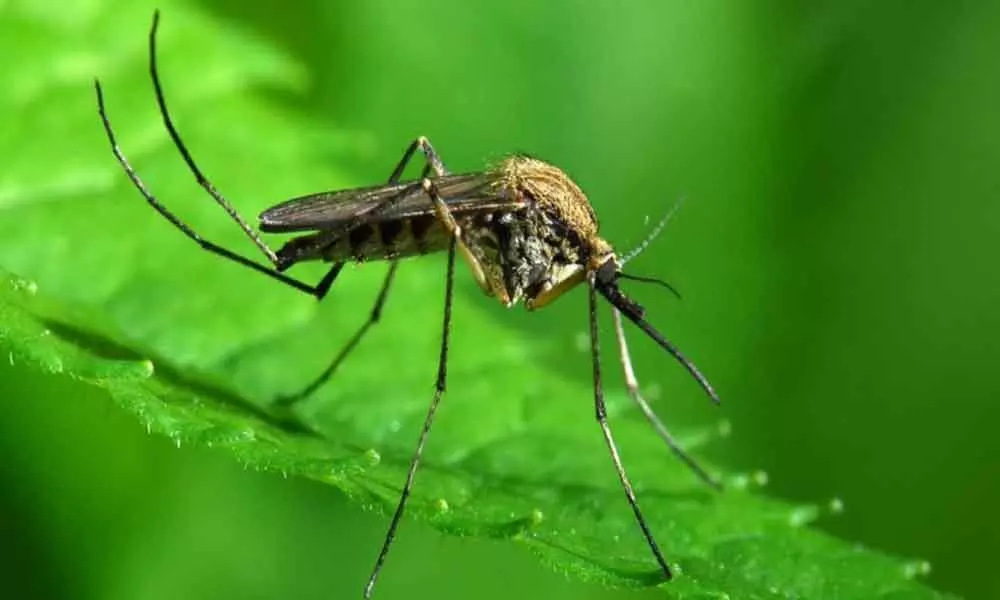Live
- Vishwak Sen completes dubbing for ‘Gangs of Godavari’ teaser
- Tamannaah summoned by Maharashtra Cyber Cell over alleged Fairplay betting app involvement
- CM Jagan Files Nomination in Pulivendula Amidst Enthusiastic Support
- YSRCP MLA Candidate Mekapati Vikram Reddy Files Nomination for Atmakur Constituency
- Former Minister Dr. Ponguru Narayana participates in Sri Ram Rathotsavam at Sri Kodandaramalayam, Balajinagar
- Cong wants to rob inheritance rights of common people: Anurag Thakur
- Revanth’s tall promises are ‘near impossible’ to achieve: Eatala
- New DOT Regulations: Airlines Must Provide Cash Refunds for Flight Cancellations and Delays
- Vote judicially to decide PM to make India developed: Kishan
- ‘Anwesha’ offers quality education to ST and SC students









